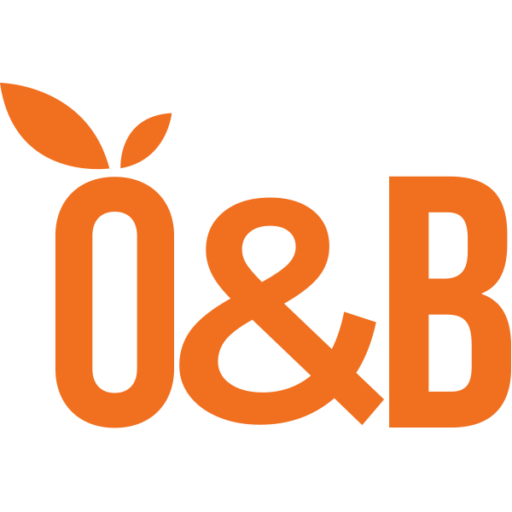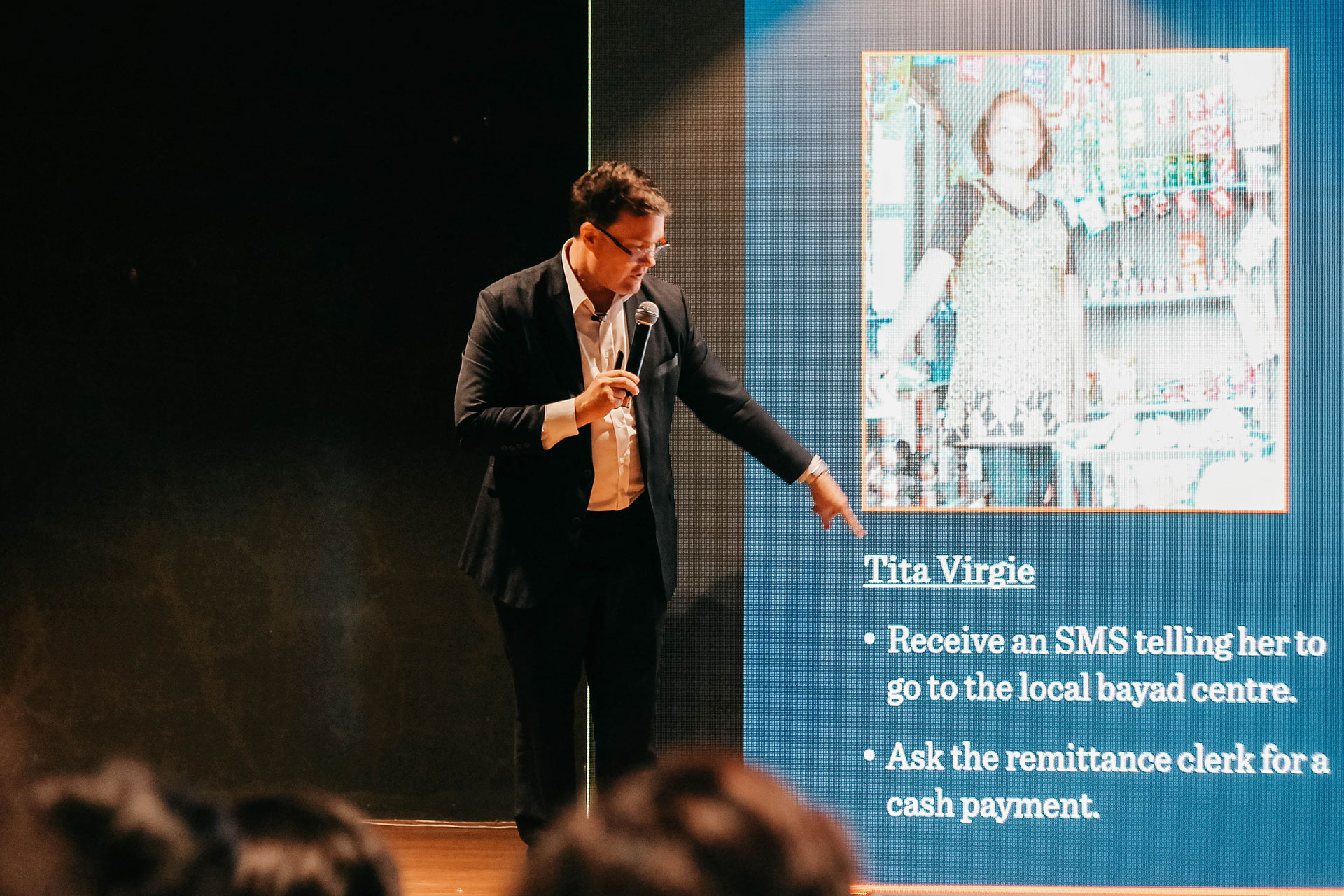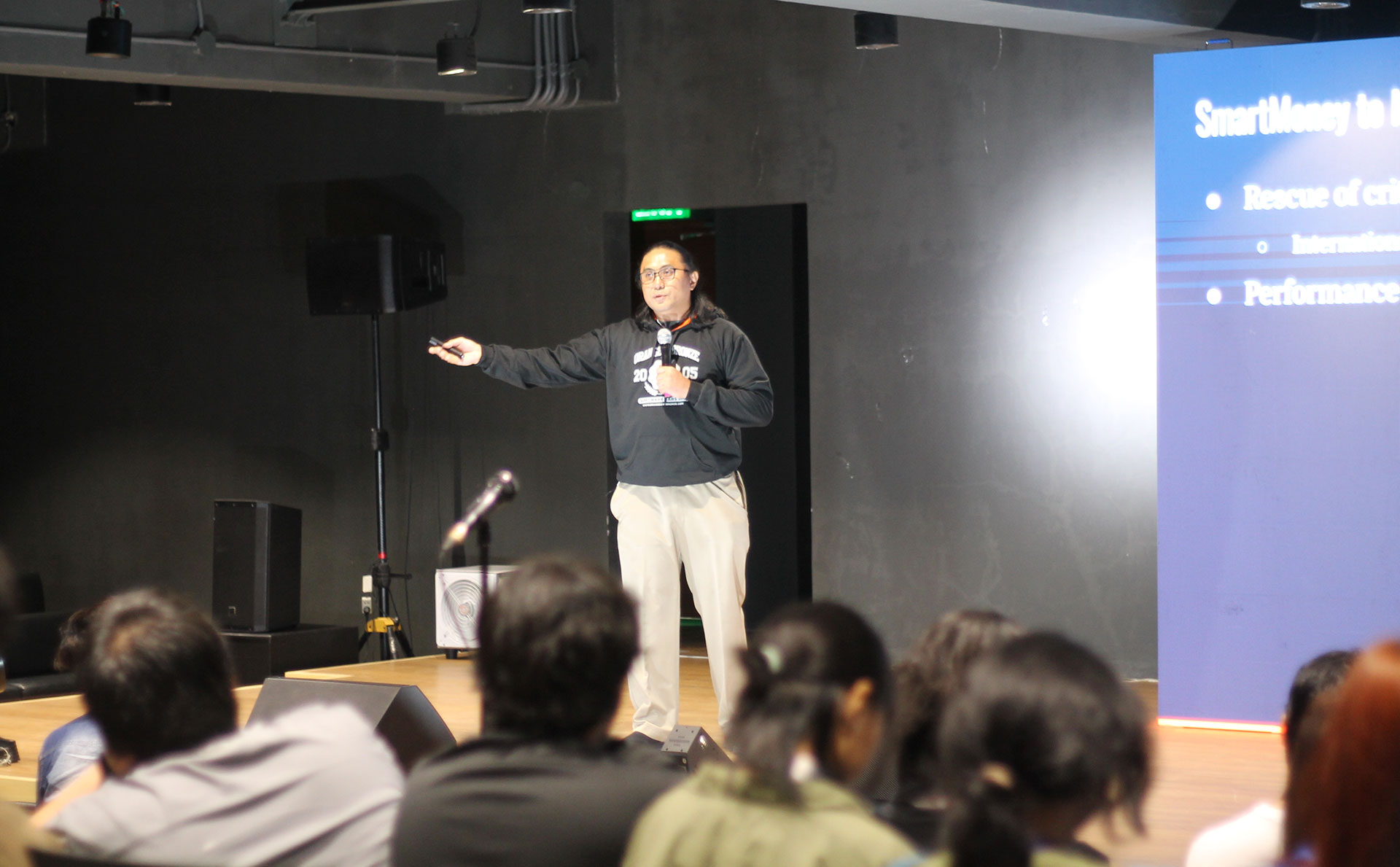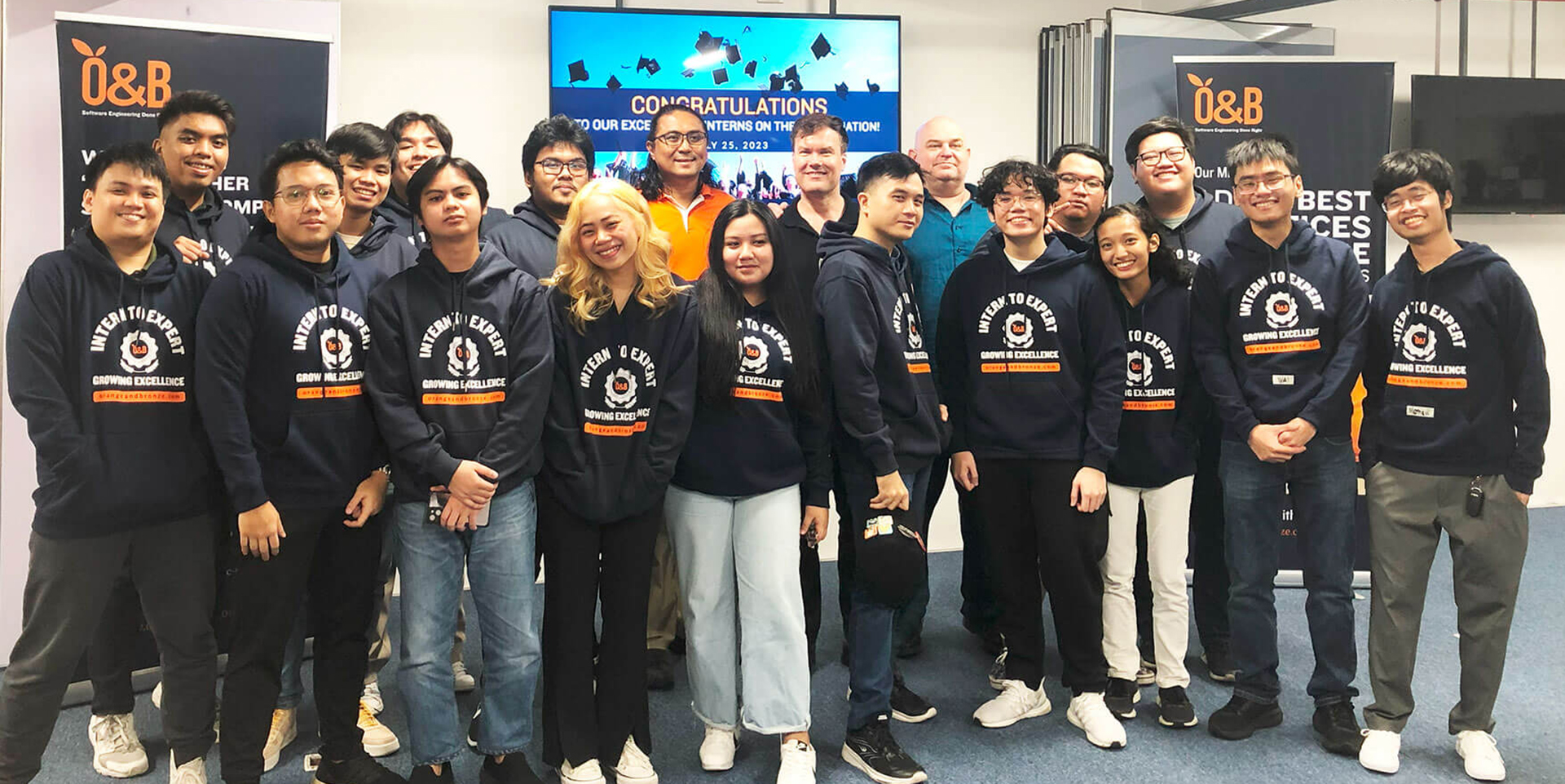As a software consultant company, we take pride in being champions of continuous improvement and sharing our expertise with our clients. We have been in the industry for 18 years now, consistently honing our skills and staying updated with the latest trends and technologies. Our journey has been marked by numerous successful projects, but one that stands out is our engagement with Maya (formerly PayMaya). This case study is not just a reflection of our technical skills but also an embodiment of our commitment to delivering value through Sustainable Agility practices and innovative solutions.
Project Overview
This case study provides an insightful look into the expertise of Orange and Bronze as a Software Consultancy and Implementation firm, focusing on a critical project undertaken for PayMaya, a Philippine financial services and digital payments company based in Metro Manila, Philippines. Initiated in 2010, the project highlights the firm’s capability to deliver sophisticated solutions swiftly and their adeptness in Sustainable Agility methodologies and advanced Software Development Best Practices. Key consulting best practices were integral to the project’s success:
- Championing Client Success: We positioned ourselves as a champion for the client, actively demonstrating a willingness to assist and guide. This approach was rooted in our belief that our success is measured by our client’s success.
- Demonstrating Effectiveness Through Actions: Our team showed how effective solutions are implemented, setting a standard for quality and efficiency. We believe in the power of action over words and let our work speak for itself.
- Embracing Sustainable Agility Methodology: Sustainable Agility practices were adopted, demonstrating their effectiveness through action rather than just theory, which streamlined the development process and educated the client on Sustainable Agility benefits.
- Observable Progress: Our commitment to tangible progress, with deliverables showcased every two weeks, reinforced the client’s confidence in the project’s momentum. We made sure that every milestone was visible and impactful.
- Surpassing Expectations: The ability to complete significant tasks within a two-week timeframe was a revelation to the client, highlighting the firm’s exceptional execution capabilities.
- Stakeholder Engagement: Engaging with the right stakeholders was crucial, ensuring alignment and support throughout the project’s lifecycle.
- Expert Guidance: Leveraging O&B’s extensive industry experience, we provided strategic recommendations and insightful guidance, ensuring optimal solutions tailored to the client’s specific needs.
Project Inception
In 2009, a specialized team from Orange & Bronze (O&B), comprising Enzo, Edge, and Miguel, embarked on a pivotal assignment with Smart Communications. Their task was to develop a SOAP-based wrapper for a backend system within a challenging six-week timeline. The primary objective was to transition Smart Communications from proprietary protocols to standardized API interfaces, thus facilitating easier integration with systems like Mastercard. This task was more than just a technical endeavour; it represented a strategic initiative to position Smart Communications at the forefront of technological innovation in the telecommunications sector. The involvement of these skilled professionals from O&B was crucial in harnessing the potential of modern software practices to deliver a solution that aligned with the client’s ambitious vision.
SOAP, which stands for Simple Object Access Protocol, is a messaging protocol specification for exchanging structured information in the implementation of web services in computer networks. In simpler terms, a SOAP-based wrapper acts as a translator, allowing different software applications to understand and communicate with each other smoothly and effectively.
API Interfaces, also known as Application Programming Interfaces, enable software applications to communicate by defining methods and data formats. They are vital in software development, facilitating system integration and enhancing software architecture.
Surpassing Expectations
Initially given a six-week deadline, the team’s efficiency and skill enabled them to complete the project in just two weeks. This early delivery was not a stroke of luck but a testament to their technical ability and effective project management. It showcased our team’s deep understanding of the client’s needs and our ability to deliver solutions that not only meet but exceed expectations.
Demonstrating Effectiveness Through Actions
The project delivered earlier than expected caught the attention of several managers at PayMaya. Impressed by the team’s approach and results, they came down to see the team’s work firsthand. Their visit was a validation of our methods and an acknowledgment of our results. This recognition led to an invitation to participate in another project the following year, paving the way for a long-term partnership.
Expanding Scope
Following the success of the initial venture, the team embarked on a more ambitious project in January 2010: the Mobile Payment Gateway (MPG), which eventually evolved into what we now know as Maya. The team was augmented by 2 other O&B professionals. This new project was not just an expansion in scope but also a significant step in our journey with PayMaya. It was an opportunity to further demonstrate our capabilities and reinforce our partnership.
The Mobile Payment Gateway (MPG) facilitates secure mobile payments by connecting the customer’s device to the payment network. It validates details, authenticates transactions, and securely transfers funds from customer to merchant. MPG streamlines and enhances mobile payment capabilities, providing a more efficient service to customers.
Embracing Sustainable Agility Methodology
In the implementation of the Mobile Payment Gateway project, the team subtly introduced Sustainable Agility practices without overtly declaring their methodology. Instead of telling the client and stakeholders that they were adopting Sustainable Agility, they chose to demonstrate its principles through action. This approach included conducting Daily Stand-Ups, utilizing a physical board for task management, co-locating and formation of a cross-functional, self-managed team.
By showcasing the effectiveness of Sustainable Agility in real-time, the team not only streamlined the development process but also organically educated the client on the benefits of Sustainable Agility methods. This practical demonstration of Sustainable Agility practices proved to be an effective way of instilling these principles within the project framework, leading to efficient and rapid development of key features. Our approach was dynamic, involving not only the implementation of Sustainable Agility techniques but also an emphasis on the spirit of Sustainable Agility – fostering a collaborative, adaptive, and responsive work environment. This methodology was crucial in handling the complexities and evolving requirements of the Mobile Payment Gateway project.
Observable Progress
The project’s success was significantly attributed to the team’s commitment to showcasing observable progress. Presenting tangible deliverables bi-weekly not only maintained transparency but also fostered a robust trust with PayMaya. These updates allowed the client to see real-time progress, enabling open communication and immediate feedback, which were crucial for timely course corrections and alignment with the client’s evolving needs. This approach demonstrated the team’s efficiency and reliability, significantly bolstering the client’s confidence in their capabilities.
Furthermore, these bi-weekly sessions served as vital checkpoints to measure the project’s success and alignment with its objectives. They transformed into interactive workshops where client feedback and team insights converged, leading to innovative solutions and continuous project refinement. This rhythm of consistent progress and collaborative review proved essential in enhancing client engagement and satisfaction, ultimately contributing to the strong, enduring relationship with PayMaya.
Team Expansion
The success of the Mobile Payment Gateway project led to its expansion, and by May 2011, the team had grown significantly. Twenty-four additional professionals were brought on board to develop Mobile Payment Gateway 3.0. By 2017, the team had expanded to 40 members, illustrating the firm’s capacity to scale efficiently and maintain high standards of productivity and quality. This expansion was not just in numbers but also in skills and capabilities, enabling us to tackle more complex challenges and deliver even more innovative solutions.
Expert Guidance
As the team at Orange and Bronze (O&B) expanded for the Mobile Payment Gateway (MPG) project, we faced the intricate challenge of integrating a crucial SMS feature. Understanding its significance in providing real-time transaction confirmations and enhancing user experience, we applied our expert guidance to implement this essential component.
Incorporating SMS functionality was key to establishing a seamless and real-time communication channel within the MPG. This task extended beyond basic text messaging; it was about embedding a vital element into the payment system’s infrastructure. Our approach involved a comprehensive understanding of the technical requirements, strategic collaboration with stakeholders, and the development of an integrated solution.
A critical part of this process involved Lorenzo, one of our skilled team members, dedicating several hours to meticulously examine the specifications of the CIMD protocol, which is essential for SMS sending. This deep dive into CIMD was crucial in ensuring that our implementation was not only accurate but also aligned with the technical nuances of SMS communication within the MPG framework.
CD Protocol, standing for Computer Interface to Message Distribution, is a proprietary protocol developed by Nokia for use in their messaging centres. It is primarily used to send short messages to mobile devices from a computer. The CIMD protocol enables two-way communication, making it a vital component in systems that require instant communication, such as the Mobile Payment Gateway. Its functions encompass not only sending messages but also receiving and processing incoming messages, thus facilitating seamless and efficient communication within the system’s framework.
Our expertise in Sustainable Agility methodologies significantly influenced our approach to the Sprint Demos. It was vital that our demonstrations were as close to the actual product as possible, providing an authentic preview of the system’s functionality. These realistic demos enabled us to set clear expectations and garner valuable feedback for ongoing enhancements.
Successfully integrating the SMS feature, thanks to our rigorous analysis and strategic execution, exemplified the importance of expert guidance in overcoming complex technical challenges. This achievement further solidified our reputation as a reliable and adept technology partner, capable of translating intricate requirements into successful, functional solutions.
Annual Cadetship Training
In the wake of our team’s expansion and the successful deployment of the Mobile Payment Gateway project, our engagement with PayMaya evolved to include a focus on fostering the next generation of tech talent. Each year, we conduct a cadetship training program for PayMaya’s new software engineer hires, reflecting our commitment to ongoing learning and development.
This annual training initiative is more than just a skill-building exercise; it’s an integral part of nurturing a new wave of professionals equipped with modern technical skills and a deep understanding of Sustainable Agility practices. Our tailored curriculum challenges and prepares these recruits, ensuring they are ready to make meaningful contributions to PayMaya’s projects and long-term goals. This involvement goes beyond project delivery, extending to nurturing human capital essential for driving innovation and success in technology.
The cadetship training program stands as a vital aspect of our enduring partnership with PayMaya, embodying our mutual dedication to knowledge sharing, continuous improvement, and talent cultivation. By investing in this program, we help PayMaya not only meet their immediate project needs but also fortify their workforce, equipping it to thrive in the dynamic tech industry.
Conclusion
This case study not only showcases the consultancy’s expertise in software development and Sustainable Agility methodologies but also emphasizes the effectiveness of their robust consulting best practices in building long-term client relationships. The success with PayMaya stemmed from the firm’s adherence to key principles: championing client success, leading by example in Sustainable Agility practices, embracing Sustainable Agility methodology, ensuring observable progress, surpassing expectations with rapid delivery, and engaging the right stakeholders effectively. These practices were instrumental in not only addressing immediate technical challenges but also fostering a culture of continuous improvement and innovation.
Our sustained 16-year relationship with PayMaya is highlighted by our annual cadetship training program for their new software engineer hires. Through this program, we not only contribute to PayMaya’s immediate project goals but also invest in building a skilled and sustainably agile workforce. This commitment to knowledge sharing and talent development is a cornerstone of our partnership with PayMaya, affirming our role as a valued collaborator in the tech industry. The enduring success of this collaboration is a testament to our ability to deliver exceptional results and maintain lasting trust in a dynamic technological landscape.
“It’s almost been three years we have been working together as strategic partners. What I mean by strategic partnership is that not only do we get the much needed help around the delivery of the projects, we also get hands-on training. It’s like getting two for the price of one. No doubt, Orange and Bronze are experts in their field. They bring great learnings for us. We have improved our software engineering practices to heights we can only dream of. We are able to deliver all our projects on time and on schedule. Thank you for being such a great partner in all our endeavours. We couldn’t have pulled it off without you. To Calen and team, you guys are doing a wonderful job. Keep it up. Thank you and more power to Orange and Bronze.”
– Richard Salcedo
More about our Client, Maya:
Maya (formerly PayMaya) is a Philippine financial services and digital payments company based in Metro Manila, Philippines.
The company was launched in December 2000 as Smart Money powered by Smart e-Money, Inc. (SMI), in cooperation with 1st e-Bank (formerly PDCP Bank; now BDO Unibank) and Mastercard. It was claimed that it was the world’s first card linked to a wireless phone and was marketed by Smart Communications as one of the biggest innovations in finance.
In 2009, SMI have implemented a proprietary mobile commerce infrastructure that spans different products and services across different market segments, partnered with various financial institutions big and small in catering to the financial transaction requirements of the banked and unbanked.
The use of the platform has expanded across Latin American countries, launching in Brazil in partnership with MasterCard Worldwide (MCW).
In January 2016, the service was rebranded as PayMaya and, in the first quarter of the same year, reached the milestone of having processed $1 billion worth of transactions. PayMaya reached 44 million registered users by the end of 2021.
In April 2022, PLDT and Smart Communications, the two companies controlling PayMaya’s parent company, Voyager Innovations, announced that PayMaya would be overhauled and renamed Maya, coinciding with the launch of Maya Bank. The said rebranding came to fruition on May 2, 2022.










